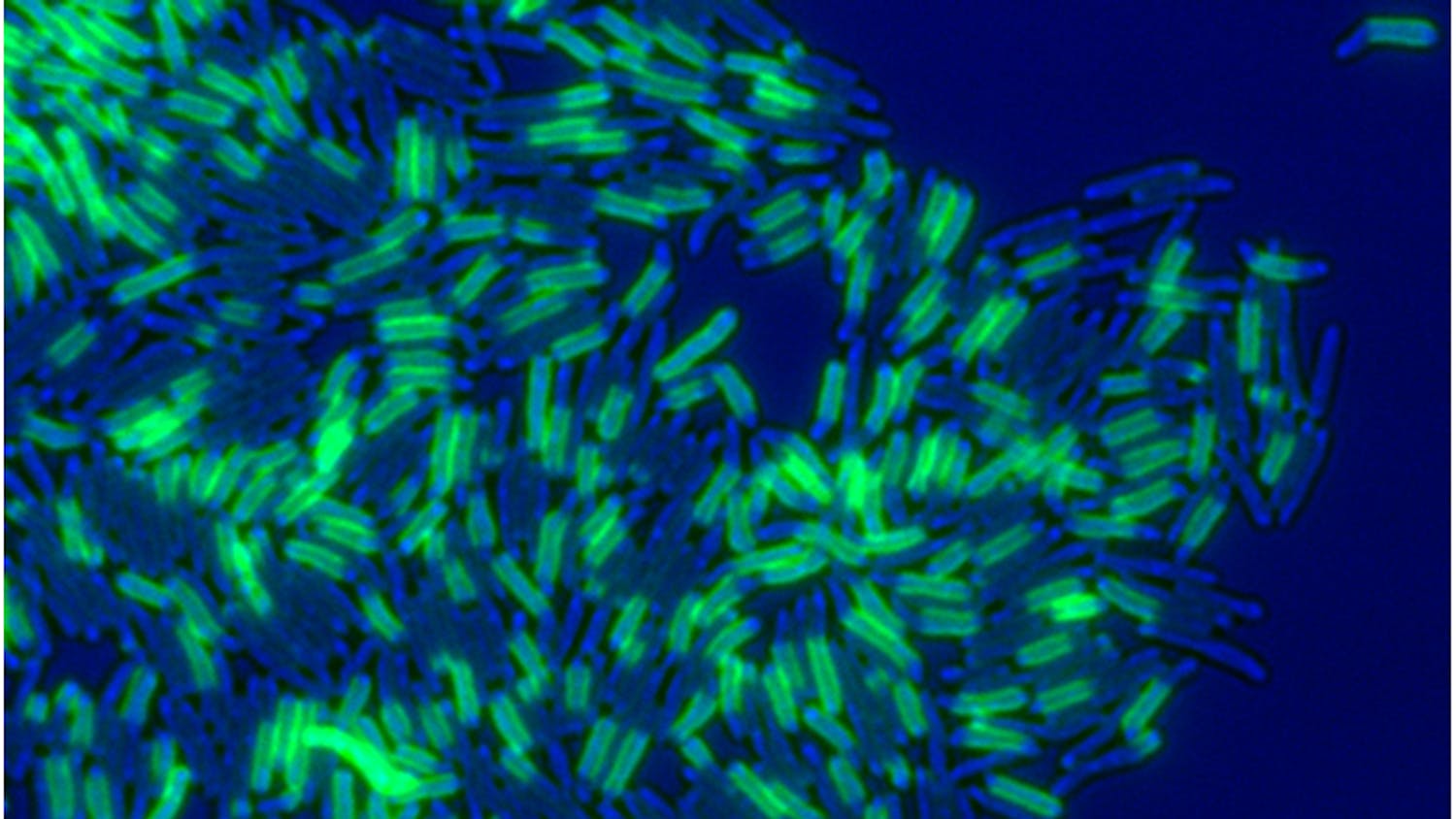Thanks to recent technological developments, amputees can now sense temperature through prosthetic limbs.
Known as the MiniTouch, this heat-sensitive prosthetic hand has a thermal sensor embedded within it, allowing for a realistic sensation of temperature. The technology depends on the phenomenon of a “phantom limb,” which occurs when messages transmitted to nerve endings in the residual limb are perceived as still connected to the absent limb.
Solaiman Shokur, a senior author of research at the Swiss Federal Institute of Technology Lausanne, and his colleagues conducted a study with intriguing findings. They found that when thermal electrodes stimulated by coming in contact with hot or cold objects were placed on the residual limbs of amputees, the subjects felt these temperature touches in their residual limb.
Using this finding as the basis for their research, Shokur and his colleagues created the MiniTouch technology. When the embedded sensors indicated a deviation from the baseline temperature of 32 C, this sensation was transmitted to a component of the prosthesis in contact with the skin of the residual limb.
57-year-old Fabrizio Fidati, whose arm was amputated below the elbow, was chosen to test the device. After analysis, the researchers found that Fidati was able to distinguish between various temperatures with 100% accuracy when fitted with MiniTouch and merely 33% without. Moreover, with the device, Fidati was able to distinguish between a variety of materials, including copper, glass and plastic, when blindfolded.
According to an interview with the Guardian, Fidati said, “When I had my accident when I was 20 years old, I tried a prosthetic hand that gave me a simple movement; instead, with these new technologies, I can understand better what I am touching.”
Aside from the benefits of object and temperature perception, Shokur added that the MiniTouch could be a potential segue to social aspects. Lee Fisher, a biomedical engineer at the University of Pittsburgh, told The Smithsonian, “[Touch is] part of how we interact with other people, and it’s also part of how we recognize our limbs as our own.”
In regards to future endeavors, Shokur added that researchers are developing enhancements to prosthetics to assist in areas of proprioception, or your body’s ability to note movement and body position. “The next step would be to put them all together, and that’s where you have the full palate of sensations,” Shokur said.
However, this technology is still in the early stages of execution. Dr. Sigrid Dupan, an expert in sensory feedback for prostheses at University College Dublin, noted that “people can’t expect the implementation of these new devices into our healthcare system in a short timeframe.”
Nevertheless, this is a significant development in the field of prosthetic limbs and will open up new doors for how amputees experience sensations.






